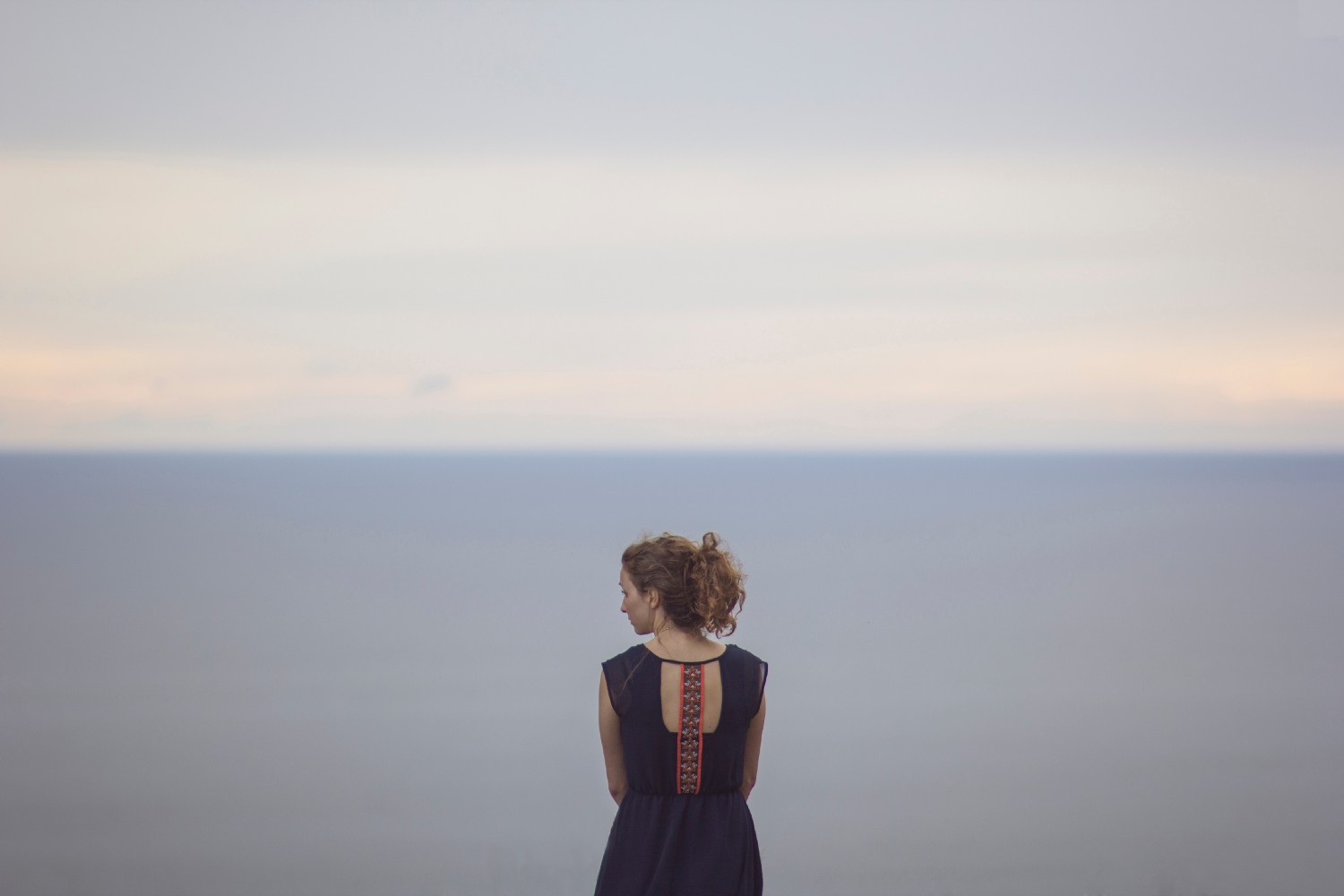A friend from my High School years recently passed away in a suicide, and it’s an event that’s really, really difficult to rationalise or — really — put into words my thoughts as of now. Whilst we weren’t *super* close, I had known him for a little under 8 years, and his passing came as a shock (and, presumably, to many others within the community). It was found that he had suffered from persistent depression that had chronically affected his life.
Depression is a jarring thought; an old Devil who whispers through the cracks of my end; the invisible dark cloud that casts a shade over everything you see and it touches — and yet, it remains invisible to the many others around you. Social norms establish an expectation that people should be *optimistic*; that they ought to be *independent*. When we talk about depression, we often couch our ‘advice’ in terms of “Cheer up!” or “Life will get better!”; and frame our support to victims of depression through imperative commands and softly demanding prescriptive phrases, “You *must* get your act together!” or “*You* are the only one who can fix this.” And through the language we use, we construct the experience of combating Depression as one that is individualistic — determined and governed by the individual; that is egoistic — focussed upon the individual’s self-conception (but never, perhaps, their conception of how others imagine them, and how they conceive the wider world), and that is ultimately performative.
The catch-22 of Depression is this. Social norms appear to suggest that either one doesn’t exhibit visible symptoms of Depression (as with most Depression patients), upon which one is told that “You don’t look like you have depression.” and continually gaslighted 24/7; or one exhibits symptoms of Depression, and are policed by people telling one to ‘sober up’ and ‘get their act together’. The double bind of oppression exists in its most pernicious form, in that supposedly anti-depression norms that emphasise individual strength and agency often prescribe behaviours and actions contrary to those that are most capable of drawing attention and salience to the issue. You become invisible when you are ‘healing’, and when you’re no longer invisible, you remain in a limbo state between recovery and catastrophe.
The case of my friend is — sadly — the tip of an iceberg. We could do better than expect Depression to be constantly visible and performed; we could do better than coupling a clearly physiological-and-psychological issue with established social behavioural norms and expectations; we could do better by recognising that Depression is not a problem that only affects an individual — but an inherent bad that no society should ever ignore or slight or brush away as the plight of a minority.
And I think a good way to start would be for those of us who have encountered or had depression to come ‘out’. Because only those with the past experiences of grappling with a monster could produce a collective space of mobilisation, in which past and current victims could find solace in the knowledge that they, really, are not alone.
Because when you sleep through the frantic sleepless nights and wake up at 4am, only to find that everything around you is so cold and icy and frightening, and that you have no one to turn to, you want to be not-alone.
Because when you wake up in the middle of the day and walk out of your room, it takes so much more effort than it takes for you to slump into your bed and sink into your individualised misery.
Because it isn’t ‘normal’ for people to be happy, and it shouldn’t be the ‘norm’ to which people feel disproportionately pressurised in conforming to.
Depression kills. And, as per someone who has said this in another, radically different context, there are more ways to die than when your heart stops beating.
Originally published at medium.com


